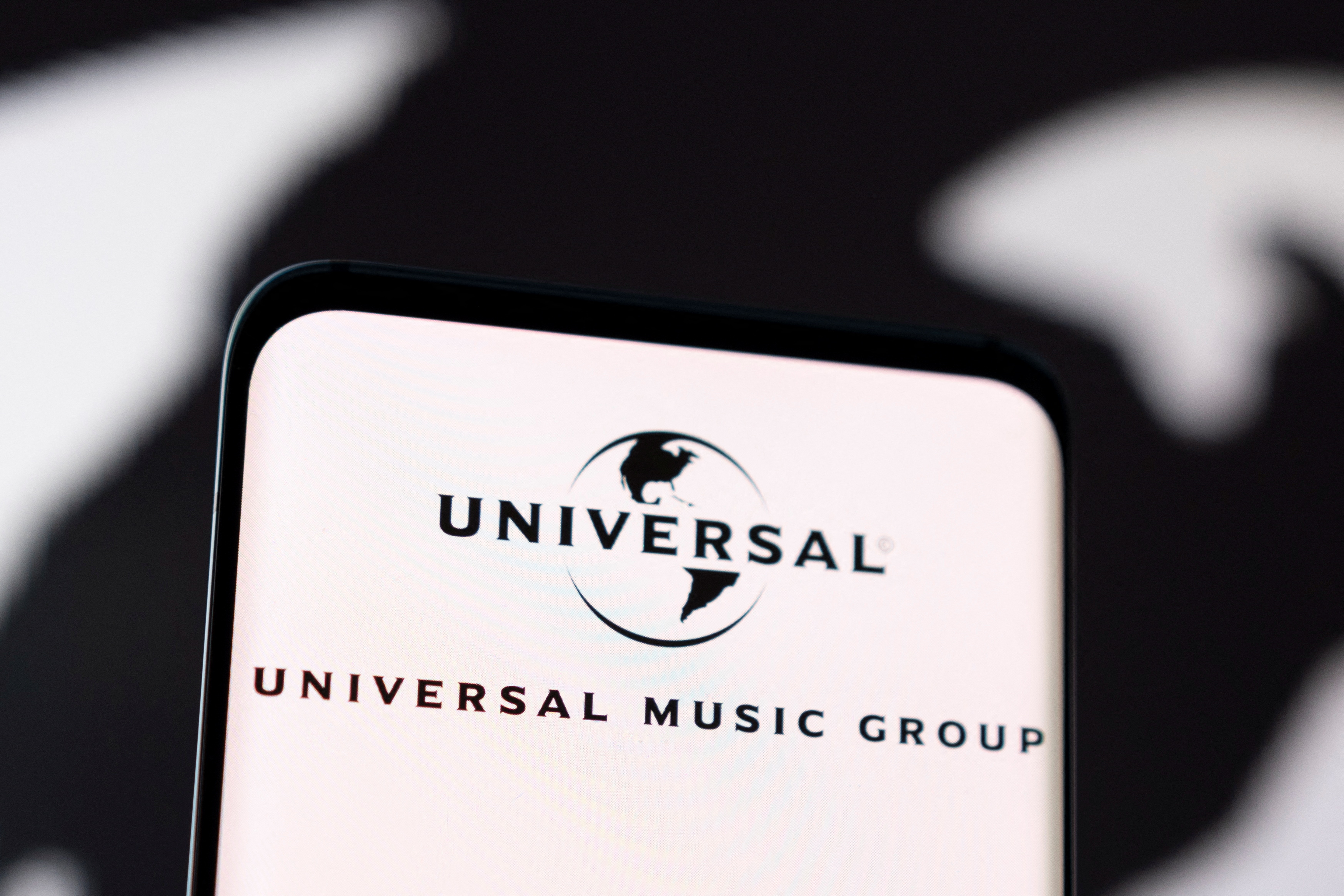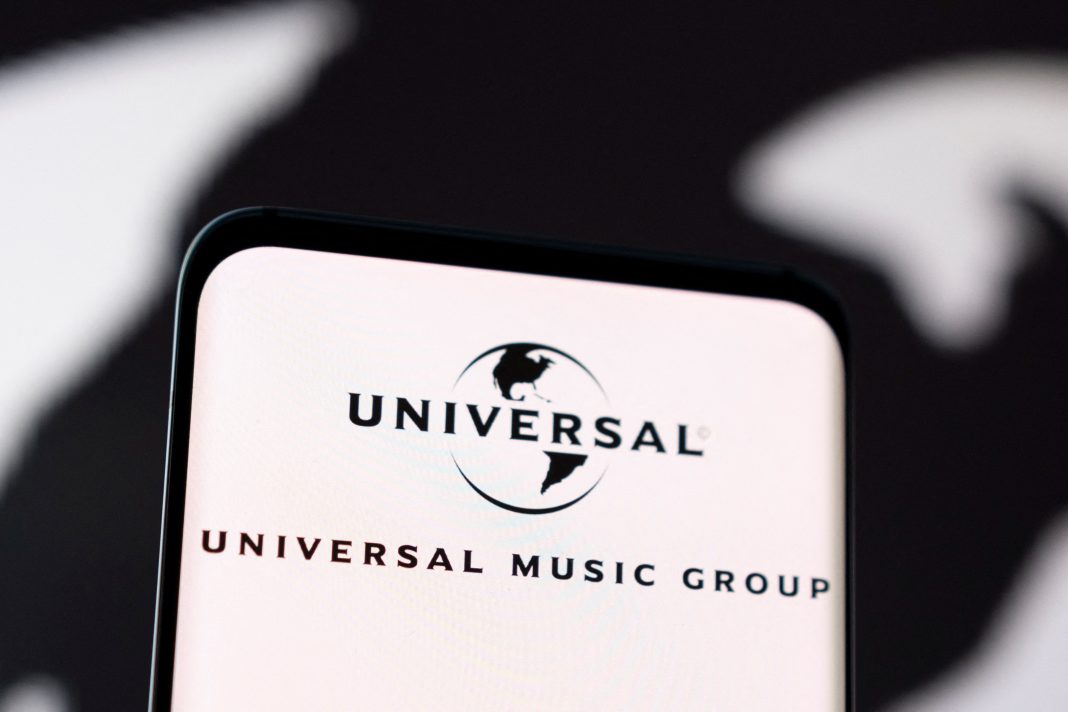 Supreme Court Ruling: Copyright Infringement Case Against Music Company Allowed to Proceed
Supreme Court Ruling: Copyright Infringement Case Against Music Company Allowed to Proceed
In a significant ruling, the U.S. Supreme Court has decided that federal law governing copyright does not have a time limit on damages. The case in question involves a music producer, Sherman Nealy, who filed a lawsuit against Warner Chappell Music in 2018, claiming that the company used his produced music without his permission. While the Copyright Act requires copyright infringement claims to be filed within three years of accrual, Nealy argued that he only discovered the infringement in 2016 due to being in prison while his former business partner sold his music to Warner Chappell.
The issue at hand was whether Nealy could seek damages dating back 10 years or only for the previous three years. U.S. District Judge Rodolfo Ruiz initially agreed with Warner Chappell that damages should be limited to the three years before the lawsuit was filed. However, the U.S. Court of Appeals for the Eleventh Circuit reversed this decision, stating that Nealy’s claims were timely under the discovery rule, which allows for a longer period to seek damages. This created a split among appeals courts, prompting Warner Chappell to ask the Supreme Court to weigh in on the matter.
In a 6-3 majority decision, Justice Elana Kagan ruled that the Eleventh Circuit was correct in allowing Nealy to seek damages for the full 10-year period. The majority opinion noted that while the Copyright Act outlines a three-year limit for bringing a claim, it does not specify a time limit for recovering damages. Justice Kagan explained that if any time limit on damages exists, it must come from the act’s remedial sections, which do not impose such a limitation. Therefore, a copyright owner with a timely infringement claim is entitled to damages regardless of when the infringement occurred.
This ruling has significant implications for copyright holders, as it clarifies that there is no time limit on monetary recovery for copyright infringement. It establishes that as long as a claim is filed within the three-year window, damages can be sought for any period in which the infringement took place.
However, not all justices agreed with the majority decision. Justice Neil Gorsuch, in his dissent, argued that the court should have addressed whether the act allows for what is known as the discovery rule, which extends the time period for filing a claim. He suggested that the act likely does not tolerate such a rule and believed that the issue should have been addressed in a separate case.
It is worth noting that this ruling was decided by a diverse group of justices appointed by different presidents. Justices John Roberts (appointed by George W. Bush), Sonia Sotomayor (appointed by Barack Obama), Brett Kavanaugh and Amy Coney Barrett (both appointed by Donald Trump) joined Justice Kagan in the majority opinion. Justice Clarence Thomas (appointed by George H. W. Bush) and Justice Samuel Alito (appointed by George W. Bush) sided with Justice Gorsuch in dissent.
Overall, this Supreme Court ruling clarifies the rights of copyright owners and ensures that they can seek damages for infringement, regardless of when it occurred. It highlights the importance of protecting intellectual property and provides a clear precedent for future copyright infringement cases.


